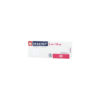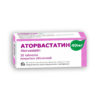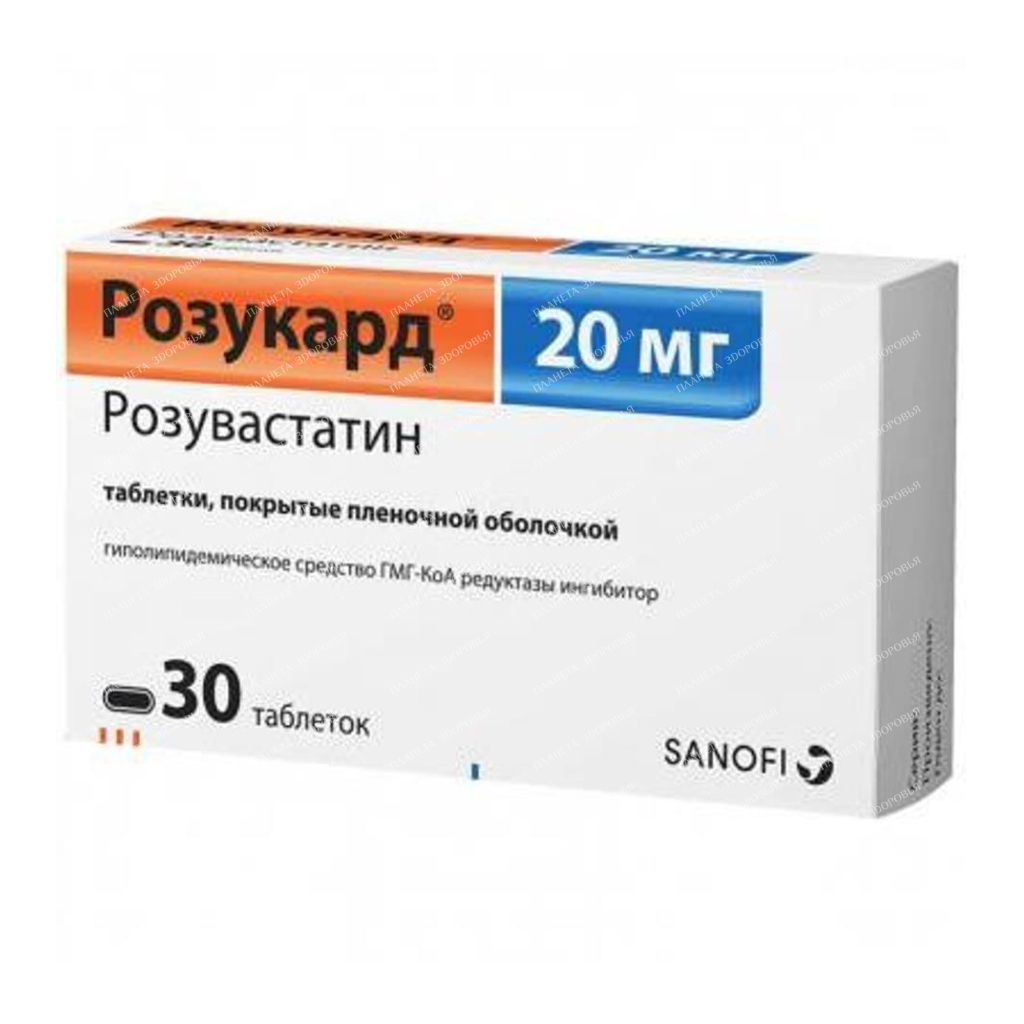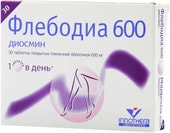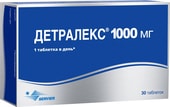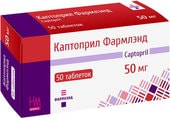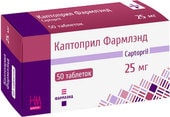h2 {
font-size: 2em;
margin-bottom: 1em;
}
h3 {
font-size: 1.5em;
margin-bottom: 0.5em;
}
ul {
list-style: disc;
padding-left: 2em;
}
li {
margin-bottom: 0.5em;
}
Rosucard Tablets 20mg №10×3: Comprehensive Information on This Cholesterol-Lowering Medication
Rosucard tablets 20mg №10×3 are a prescription medication used to treat high cholesterol levels in adults, adolescents, and children over 10 years old. This comprehensive guide provides essential information on its usage, side effects, precautions, and interactions.
Key Features:
- Active Ingredient: Rosuvastatin, a statin that effectively lowers cholesterol.
- Dosage: Available in tablets of 10mg, 20mg, and 40mg.
- Administration: Taken once daily, regardless of mealtimes.
Benefits of Rosucard:
- Reduces LDL (bad) cholesterol: This helps prevent heart disease and stroke.
- Increases HDL (good) cholesterol: This has a protective effect on the cardiovascular system.
- Lowers triglycerides: These are another type of fat in the blood that can contribute to heart disease.
- Reduces the risk of cardiovascular events: Studies have shown that Rosucard can significantly lower the risk of heart attack, stroke, and death from heart disease.
Important Information for Patients:
- Prescription Required: Rosucard is a prescription medication and should only be used as directed by a doctor.
- Diet and Lifestyle Changes: Maintaining a healthy diet, regular exercise, and quitting smoking are essential for managing cholesterol levels.
- Pregnancy and Lactation: Rosucard is contraindicated during pregnancy and lactation. Women of childbearing age should use effective contraception.
- Side Effects: Like all medications, Rosucard can cause side effects, including muscle pain, muscle weakness, and liver problems.
- Drug Interactions: Rosucard can interact with other medications, so it is important to inform your doctor of all medications you are taking.
Detailed Information on Rosucard:
Description:
Rosucard tablets are film-coated and come in different colors depending on the dosage:
- 10mg: Light pink, oblong, biconvex, with a score line.
- 20mg: Pink, oblong, biconvex.
- 40mg: Dark pink, oblong, biconvex.
Mechanism of Action:
Rosuvastatin is a selective competitive inhibitor of HMG-CoA reductase, an enzyme involved in cholesterol synthesis. By blocking this enzyme, Rosucard increases the number of LDL receptors on the surface of liver cells, leading to increased uptake and breakdown of LDL cholesterol. It also inhibits the synthesis of VLDL cholesterol, further reducing overall cholesterol levels.
Dosage and Administration:
The recommended starting dose for adults is 5mg or 10mg once daily. The dosage may be adjusted based on individual response and cholesterol levels. The maximum dose is 40mg per day.
Precautions:
- Renal Impairment: Dose adjustments may be necessary in patients with kidney problems. Rosucard is contraindicated in severe renal impairment.
- Hepatic Impairment: Rosucard is contraindicated in patients with active liver disease. Liver function tests should be monitored before starting and during treatment.
- Musculoskeletal Disorders: Rosucard can cause muscle pain, weakness, and, in rare cases, rhabdomyolysis (a serious muscle breakdown). Patients with predisposing factors for myopathy should be monitored closely.
- Ethnic Groups: Increased systemic exposure has been observed in individuals of the Mongoloid race.
Interactions with Other Drugs:
Rosucard can interact with several medications, including:
- Cyclosporine: Increased levels of Rosucard in the blood.
- Vitamin K Antagonists: Possible increase in INR.
- Gemfibrozil and Other Fibrates: Increased risk of myopathy.
- Protease Inhibitors: Increased levels of Rosucard in the blood.
- Antacids: Decreased levels of Rosucard in the blood.
- Erythromycin: Decreased levels of Rosucard in the blood.
- Oral Contraceptives: Increased levels of estrogen and progestin.
Side Effects:
Common side effects include muscle pain, headache, constipation, and nausea. Serious side effects are rare but include rhabdomyolysis, liver problems, and allergic reactions.
Contraindications:
Rosucard is contraindicated in patients with:
- Hypersensitivity to rosuvastatin or any other component of the medication.
- Active liver disease.
- Severe renal impairment.
- Pregnancy and lactation.
Conclusion:
Rosucard tablets 20mg №10×3 are a safe and effective medication for lowering cholesterol levels when used as directed by a healthcare professional. Understanding the risks and benefits of this medication is crucial for making informed decisions about your health.
This information is not a substitute for medical advice. Always consult your doctor before starting or changing any medication.
| INN | LOVASTATIN |
|---|---|
| The code | 61 970 |
| Barcode | 8 594 739 229 372 |
| Dosage | 20mg |
| Active substance | Rosuvastatin |
| Manufacturer | Zentiva k.s., Czech Republic |
| Importer | IOOO Interfarmaks 223028 Minsk region, Minsk district, Zhdanovichsky s / s, ag. Zhdanovichi, st. Star, 19a-5, room. 5-2 |
Related products
Cardiovascular Health
Cardiovascular Health
 Free worldwide shipping on orders $99+
Free worldwide shipping on orders $99+  US: temporary delays — postal services aligning new import rules,
US: temporary delays — postal services aligning new import rules,  EU: 1–2 weeks,
EU: 1–2 weeks,  Worldwide: 1–4 weeks
Worldwide: 1–4 weeks 

